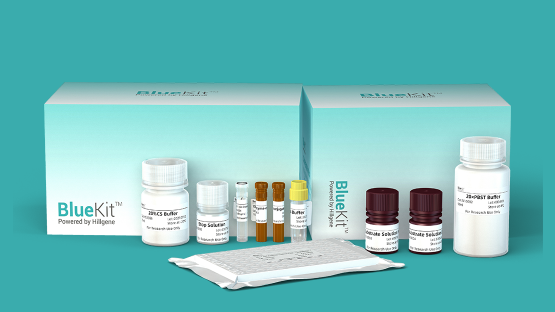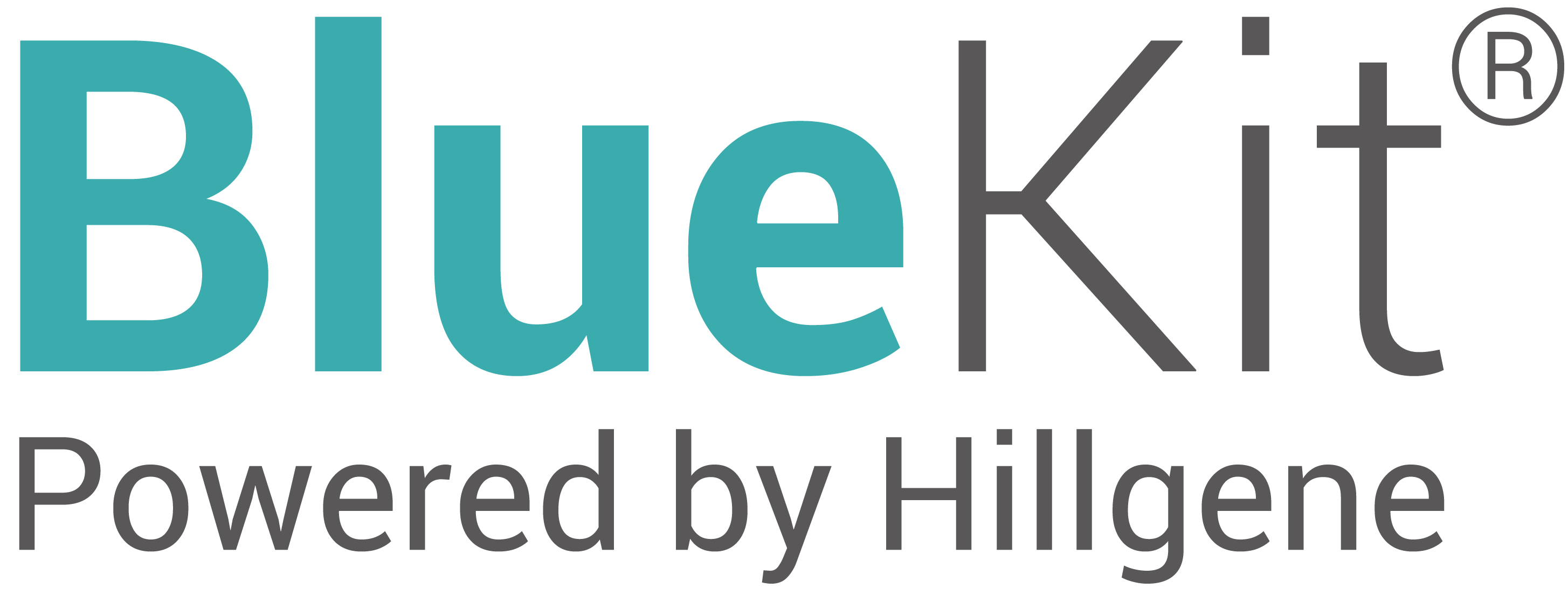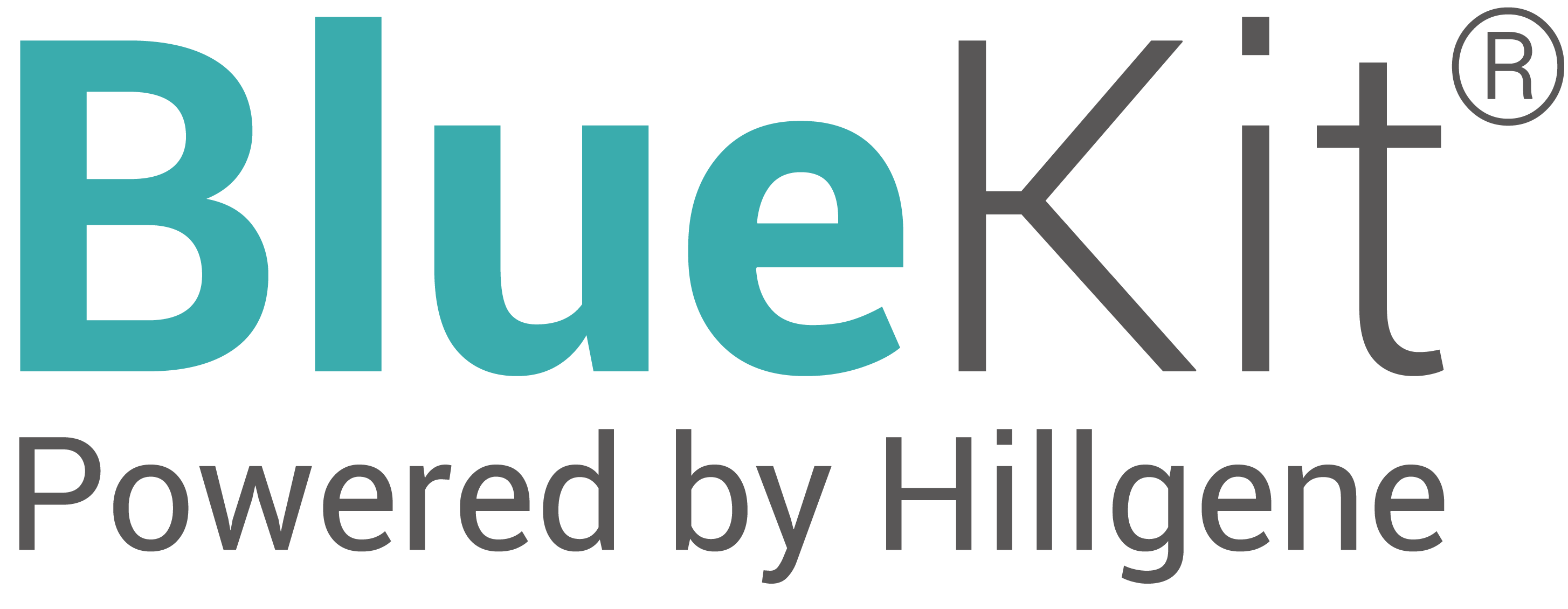Introduction
In the rapidly evolving field of cellular therapy, ensuring the safety and efficacy of therapeutic products is of utmost importance. Mycoplasma contamination represents a significant challenge that can compromise the integrity of cell cultures used in research and therapeutic applications. The development of robust mycoplasma detection kits is crucial for maintaining the quality and reliability of cell therapy products. This article explores the significance of mycoplasma detection, the available solutions, and the role of manufacturers in advancing detection technologies.
Understanding Mycoplasma and Its Impact
● What is Mycoplasma?
Mycoplasma refers to a group of microscopic bacteria that lack a cell wall. Due to their small size and cell wall absence, they can easily evade standard filtration methods, making them a common contaminant in cell cultures. Mycoplasma species, such as Mycoplasma hyorhinis and Mycoplasma arginini, are notorious for affecting cell culture conditions, leading to altered cell behaviors and inaccurate experimental results.
● The Dangers of Mycoplasma Contamination
The presence of mycoplasma in cell cultures is detrimental, particularly in the production of cell therapy products. Contamination can induce chromosomal aberrations, alter cell metabolism, and impact the cellular response to various experimental treatments, ultimately compromising the therapeutic potential of cell therapy products.
Mycoplasma Detection Kits: A Market Overview
● The Importance of Mycoplasma Detection in Cell Therapy
Given the critical role of cell therapy in treating various diseases, ensuring that cell cultures are free of contaminants like mycoplasma is essential. Reliable detection kits help ensure that cell therapy products meet stringent regulatory requirements and maintain high standards of safety and efficacy.
● Types of Mycoplasma Detection Kits
There are several types of mycoplasma detection kits available on the market, each leveraging different technologies to identify contamination:
1. PCR-Based Kits : Polymerase chain reaction (PCR) technology is widely used due to its sensitivity and specificity in detecting mycoplasma DNA.
2. Enzyme-Linked Immunosorbent Assay (ELISA) Kits : These kits utilize antibodies to detect mycoplasma antigens in cell culture supernatants.
3. Culture-Based Kits : Traditional culture methods involve culturing samples on media that support mycoplasma growth, although time-consuming, they are highly reliable.
4. Bioluminescence Kits : These utilize ATP bioluminescence to measure metabolic activities of mycoplasma, providing rapid results.
● The Role of Manufacturers and Suppliers
The efficacy of mycoplasma detection kits heavily relies on the expertise of mycoplasma detection kit manufacturers and suppliers. Leading companies invest in research and development to produce user-friendly, accurate, and rapid detection tools that meet both research and clinical needs.
Mycoplasma Detection in Cell Therapy: Current Challenges and Innovations
● Challenges in Mycoplasma Detection
Despite advances in detection technologies, several challenges persist:
- Sensitivity : Detecting low levels of mycoplasma contamination remains challenging.
- Speed : Rapid detection is essential to minimize delays in research and production.
- Cost : Ensuring affordability without compromising quality is crucial, especially for high-throughput laboratories.
● Innovations in Mycoplasma Detection Kits
Manufacturers are continually innovating to overcome these challenges:
- Integrated Platforms : Combining multiple detection methods to enhance sensitivity and specificity.
- Automated Systems : Reducing human error and increasing throughput with automation.
- Real-Time Monitoring : Allowing for continuous assessment of cultures for immediate intervention in case of contamination.
BlueKit: Driving Excellence in Mycoplasma Detection
As a pioneer in biotechnology solutions, Jiangsu Hillgene, the company behind BlueKit, offers an array of mycoplasma detection kits that meet the rigorous standards required in cell therapy. With its extensive manufacturing facilities in China and an expanding presence in the United States, Hillgene provides comprehensive solutions, ensuring quality control from discovery to delivery. BlueKit products are an embodiment of Hillgene's commitment to facilitating the market arrival of safe and effective cellular therapy products, ultimately aiming to revolutionize patient care through innovative cell therapy solutions.

Post time: 2024-12-03 14:38:02











